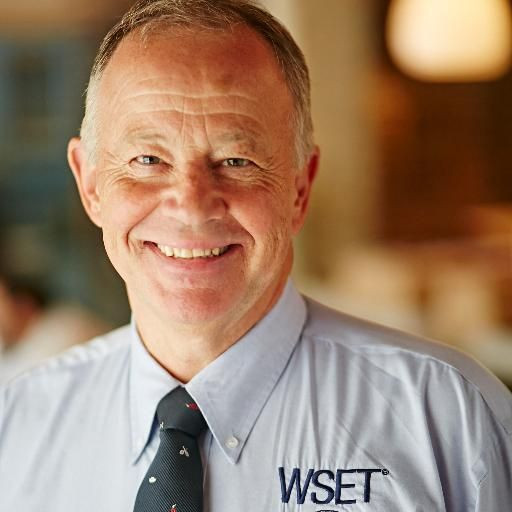Sydney surgeon admits in new book performing unnecessary surgery to please persistent patients
9 procedures in list of unnecessary surgeries in certain circumstances

Long-suffering patients have been on the losing end from pernicious and rorting practices by pharmaceutical companies and doctors. From anecdotes of price gouging to unnecessary surgeries, studies and other evidence are now cropping up confirming the unneeded or excessive expenses incurred by sick people and insurers because of these practices.
A recent study by the Memorial Sloan Kettering Cancer Center estimated that by packaging cancer drugs in single-dose vials with contents beyond what is often needed by the patient, drugmakers in the US earn an extra $3 billion (AUD$4.06 billion) a year. Over the weekend, a new book released by a leading Sydney surgeon has admission by the doctor that there were times he performed unnecessary surgeries just to appease patients.
In the new book “Surgery, The Ultimate Placebo,” Dr Ian Harris, an orthopaedic surgeon at Liverpool, St George and Sutherland Hospitals, and the University of New South Wales, admits to doing medical procedures “that does not work.” However, he adds he has reduced the number of less ineffective surgeries than he did before.
The unneeded procedures include surgeries for “ununited” fractures that had actually healed, removal of implants that really did not cause problems and fused “scoped” sore knees and fused sore backs. There were even instances when Harris performed second surgeries on the same patient to “correct” the result of the first ineffective surgery, reports The Sydney Morning Herald.
He prepared a list of surgeries that Harris believes have dubious benefits in some circumstances. The procedures are spinal fusion, stem cell injections, tennis elbow surgery, cardiac stenting, appendectomy, knee arthroscopy, epidural steroid injections, Caesarian section and spinal cord stimulation.
But Harris reveals that he is not alone in doing that. He cites a review by the hospitals’ research unit of all the orthopaedic surgical procedures done in the three biggest public hospitals in their area, only about 50 percent of the 9,000 performed were compared to non-operative treatment in randomised trials.
It shows the lack of scrutiny on evidence of success of many surgeries. The inevitable conclusion of the review is that some surgeries actually had just a placebo effect on the patients. However, John Quinn, executive director for surgical affairs of the Royal Australasian College of Surgeons, says some of Harris’s comments were “all-encompassing and perhaps overarching.” Quinn points out that there is no such thing as “one-size-fits-all” surgery, although he admits to not having read the book, reports Daily Mail.
The college had previously claimed that it is always assessing medical procedures to reach sustainable surgical procedures and make sure that expenses are spent in the most cost-effective manner.





















